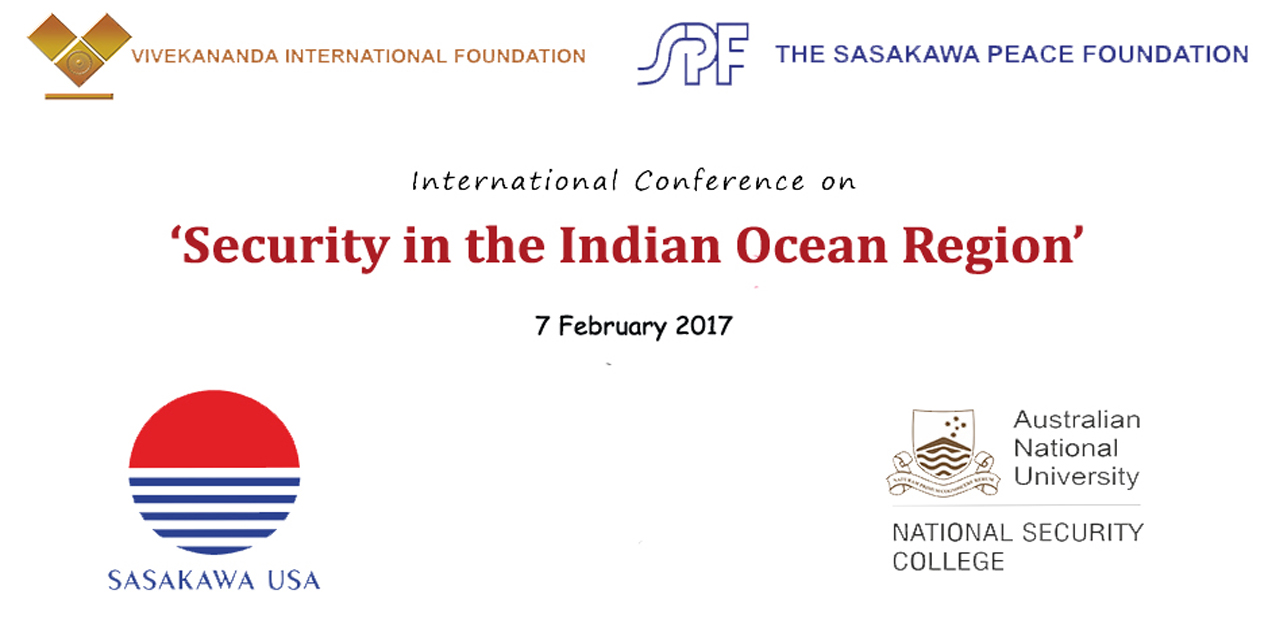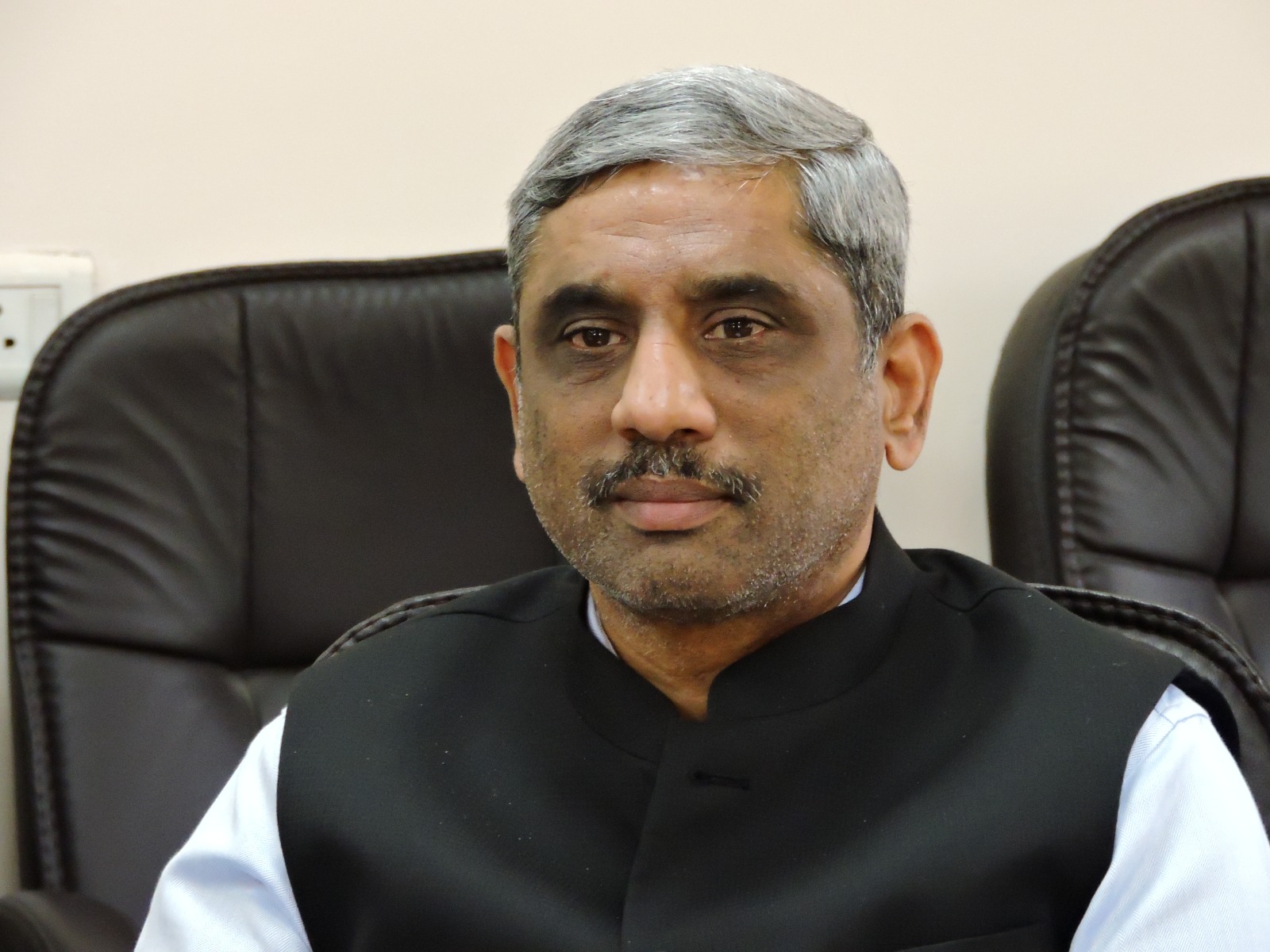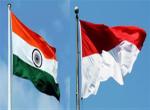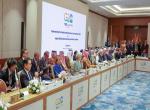The Indian Ocean is the third largest ocean of the world whose essential importance to global economic engagement, because of the hydrocarbon reservoir in the Gulf and dense sea lanes, has made it the locus of global geopolitics. It is possibly the most important ocean as it carries two-thirds of the world’s seaborne trade in oil on its sea lanes. The Indian Ocean Region (IOR) is also home to many countries which are witnessing rapideconomic growth. The sea lanes of the Indian Ocean are a global commons and there is no doubt that the stability of the regional security environment serves the common interests of all nations. On the other hand, every nation approaching the Indian Ocean has its own strategy for global or regional competition, and such a situation could provoke confrontation between two or more nations.
The IOR has no firmly established regional framework equivalent to the ASEAN. Consequently, many non-regional countries of Indian Ocean are adopting a competitive approach to this region, seeking to gain greater influence in the sea lanes and to reap economic benefits, which will affect the security environment in the region. Ensuring the stability of the sea lanes in the Indian Ocean while promoting exchanges with countries from outside the region will therefore be a pressing global issuein the not too distant future.
Addressing this complex issue requires a pan-regional approach which was the genesis for the commencement of a four-party dialogue on the security of the region among Australia, India, Japan, and the US, all of which share common values, e.g., democracy and rule of law, and have considerable influence in the IOR. Consequently the Sasakawa Peace Foundation (SPF), Japan has steered a dialogue with its partners, the Vivekananda International Foundation (VIF), India, the Australian National University (ANU) and the SPF USA with the intention of generating policy recommendations which can contribute toward the enhancement of regional stability including the safety of sea lanes.
The present Conference will have experts from India, Australia, the United States and Japan, who have conducted targetedstudies on various aspects affecting the security of the region presenting the findings of their studies. Some of the important aspects of these studies are:-
(a) Economic dynamism in the region brought about by the intrinsic demographic structure and the intra-regional relations amongst the nations of the IOR.
(b) Existent and future prospects for sea borne connectivity in the region.
(c) Traditional and non-traditional security issues affecting the IOR.
(d) Existent and future prospects for growth in the demand for energy, the likely mix of this demand and possibility of mitigation of emission of greenhouse gases amongst the countries of the region.
(e) Rise of China and its impact on the various issues highlighted earlier.
Discussions with other eminent persons on these findings and other related issues will bring forward viable recommendations for formulation of effective policy to ensure security and promote economic growth. While this conference may not present solutions to all problems affecting the security of the region, it will light a way forward on many such issues, which we hope will provide an impetus towards a more cooperative future.











Post new comment